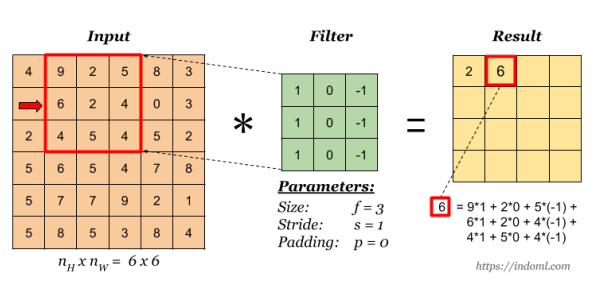type
status
date
slug
summary
tags
category
icon
password
Computer Vision
CNN Architectures
- Dense Layers (used as classifier)
- Convolution Layer (used as feature ectraction layer)
- Convolution operation
- Activation function
- Pooling
- used to reduce the size of the input
- summarizes the information for a particular part of the image
- Multi-Channel Convolution Operation

AlexNet - Two Tower Design
- Convolution Neural Network based architecture
- One of the first architecture to demonstrate the potential of CNNs on image-related tasks like object recognition and detection
VGG
- Increased the model depth and reduced the total number of weights
Receptive field
- Two 3*3 convolution operations is same as one 5*5 convolution operation
Advantages of decreasing the receptive field
- Increased number of non-linear rectification layers (1 vs 3 ReLU layers)
- Makes decision function more discriminative
- Reduces number of trainable parameters
- C: number of channels in input and output
- 7*7 receptive field:
- 3*3 receptive fields:
Sparsifying Network
Challenge
- Modern architectures are very inefficient for sparse data structures
- Even though number of operations will decrease, overhead of lookups will increase
Solution
- Translation invariance can be achieved using convolution blocks
- We need to find the optimal local construction and repeat it spatially
Problem with Naïve Module
- Problem: Pooling layers do not reduce the channel dimension
- Solution: Use 1X1 convolutions
ResNet
Residual Learning
- Let H be the mapping, hidden layer wants to learn
- 𝑦 = 𝐻 (𝑥)
- Instead of learning a direct mapping, hidden layer can learn the residual mapping of y with respect to x
- 𝐹 (𝑥) = 𝐻 (𝑥) − 𝑥
- Can be reformulated to 𝐹 (𝑥) + 𝑥 = 𝐻 (x)
- Where 𝐹 (𝑥) is the new mapping hidden layer will learn
- Above formulation is easier to optimize and in extreme case 𝐹 (𝑥) can be trained to zero to learn identity mapping
- Very difficult to learn directly